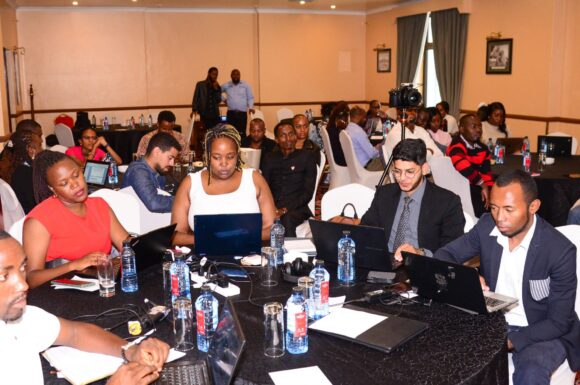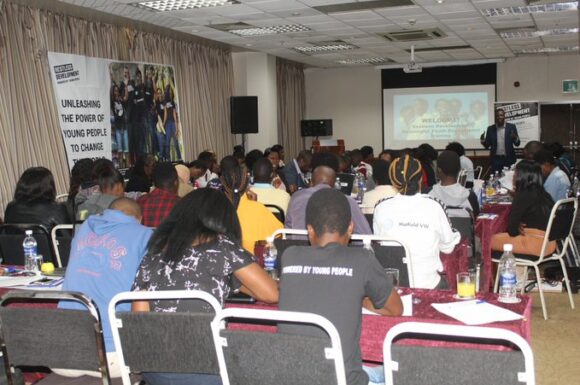For decision-makers to take into consideration the needs and interests of youth in their programmes and policies, informed by meaningful youth engagement.

The Enhancing Youth Participation in Civic Spaces project aimed to ensure that government and decision-makers consider the needs and interests of youth in their programmes and policies, informed by meaningful youth engagement. It also sought to enhance decision-makers’ capacity and skills to engage more effectively with young people. Training was conducted for decision-makers to better engage with young people and understand the challenges they face from their perspective. The grant enhanced young people’s capacity and enabled them to speak for themselves, communicating the priorities and needs specific to their communities. The initiative connected these young people with their community leaders, while also ensuring they were familiar with the policies that support their needs and that their voices were heard.
Areas of Operation and Target
The project was operational in Glen View, Glen Norah, and Highfields in Harare, as well as in Bulilima and Mangwe in Matabeleland South. This project targeted young people aged 18 to 35. From this target group, Restless Development Zimbabwe recruited 16 youth researchers who were directly involved with the research and advocacy work. The grant ultimately reached 6,000 young people, who received training on various policies and built their capacity.

Through the project, two research projects were conducted by young people. The following objectives guided them:
The following objectives guided the research:
- To understand the position of unemployment in Zimbabwe, considering the issue of non-formal employment vis-à-vis livelihood.
- To identify economic opportunities or platforms available for young people to have a decent livelihood.
- To get the perceptions and suggestions from young people on possible suggestions to enhance young people’s economic opportunities or improve their livelihoods.
Once completed, the evidence was disseminated and used for advocacy, where young people’s recommendations were shared. Parliamentarians from the committees on Health, Youth, and Finance were also trained; youth-friendly versions of the constitutions were distributed, and events were organised in various parts of the country.
